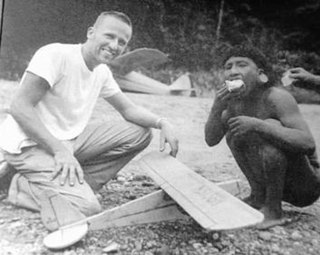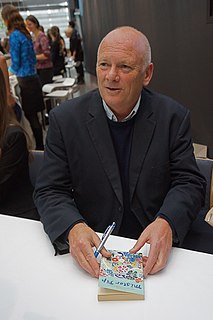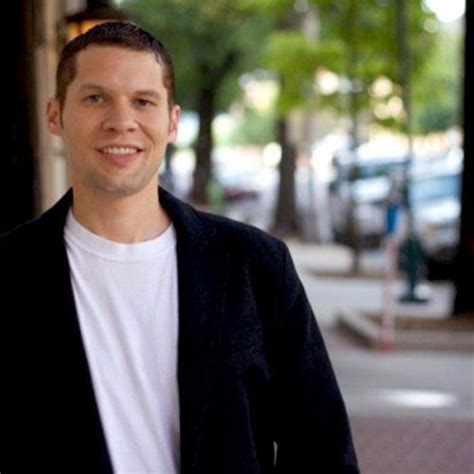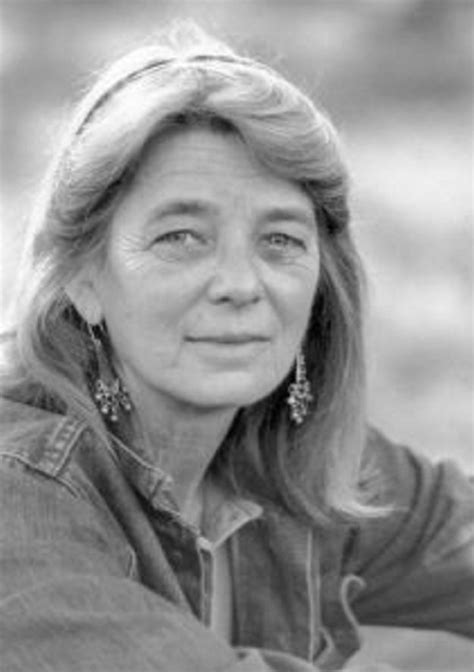A Quote by Georg C. Lichtenberg
Many things about our bodies would not seem to us so filthy and obscene if we did not have the idea of nobility in our heads.
Related Quotes
The Conversation about women’s bodies exists largely outside of us, while it is also directed at and marketed to us, and used to define and control us. The Conversation about women happens everywhere, publicly and privately. We are described and detailed, our faces and bodies analyzed and picked apart, our worth ascertained and ascribed based on the reduction of personhood to simple physical objectification. Our voices, our personhood, our potential, and our accomplishments are regularly minimized and muted.
We usually do pay attention to our outer appearance, typically noticing whatever part of our bodies we are unhappy about. It behooves us, however, to get on very good terms with more than just the surface of our bodies as we grow older; for if we don't listen to our bodies and pay attention to our physical needs and pleasures, this vehicle that we need to be running well to take us into a long and comfortable life, will limit what we can do and who we become.
Our actual lives, including our values, our social relations, our self-conceptions, and many of our concepts, are pervasively shaped both by the knowledge and by the fact that we will someday die - that we are subject to extreme temporal scarcity. There is no reason to think that, if we were immortal, the same things would continue to matter to us. We have little or no idea what, if anything, would matter to immortal beings, or even how such beings would think of themselves.
Those of us who work in politics can only make ourselves useful if our heads are filled with things that we can contribute to the political space. JFK had this quote about how if more politicians knew poetry and more poets knew about politics, the world would be a better place. Being attentive to the things that add meaning to our lives alongside politics will help us inform our politics with the values that really do make America great.
We will have gone from men telling us condescendingly to not bother our pretty little heads about important things like politics, to not bothering our pretty little heads without even being told not to! The suffragettes struggled and suffered so much on our behalf; what a travesty of everything they stood for, if we simply look away as though we can't be bothered.
Some things are up to us [eph' hêmin] and some things are not up to us. Our opinions are up to us, and our impulses, desires, aversions–in short, whatever is our own doing. Our bodies are not up to us, nor are our possessions, our reputations, or our public offices, or, that is, whatever is not our own doing.
If God would grant us the vision, the word sacrifice would disappear from our lips and thoughts; we would hate the things that seem now so dear to us; our lives would suddenly be too short, we would despise time-robbing distractions and charge the enemy with all our energies in the name of Christ. May God help us ourselves by the eternities that separate the Aucas from a Comprehension of Christmas and Him, who, though he was rich, yet for our sakes became poor so that we might, through his poverty, be made rich.
Your body is the ground metaphor of your life, the expression of your existence... So many of us are not in our bodies, really at home and vibrantly present there. Nor are we in touch with the basic rhythms that constitute our bodily life. We live outside ourselves - in our heads, our memories, our longings - absentee landlords of our own estate. My way back into life was ecstatic dance. I reentered my body by learning to move my self, to dance my own dance from the inside out, not the outside in.
Are we our bodies? Is a small person less than a big person, then? If we were our bodies, then when we lost an arm, or a leg, would we be less, would we begin to fade from existence? No. We are the same person. We are not our bodies; we are our thoughts. As they form, they define who we are, and create the reality of our existence.




































